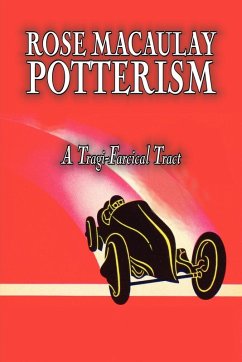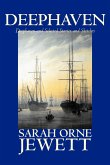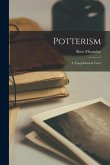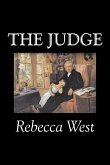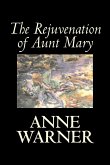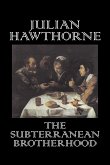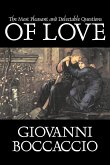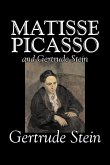Johnny and Jane Potter, being twins, went through Oxford together. Johnny came up from Rugby and Jane from Roedean. Johnny was at Balliol and Jane at Somerville. Both, having ambitions for literary careers, took the Honours School of English Language and Literature. They were ordinary enough young people; clever without being brilliant, nice-looking without being handsome, active without being athletic, keen without being earnest, popular without being leaders, open-handed without being generous, as revolutionary, as selfish, and as intellectually snobbish as was proper to their years, and inclined to be jealous one of the other, but linked together by common tastes and by a deep and bitter distaste for their father's newspapers, which were many, and for their mother's novels, which were more. These were, indeed, not fit for perusal at Somerville and Balliol. The danger had been that Somerville and Balliol, till they knew you well, should not know you knew it. In their first year, the mother of Johnny and Jane ('Leila Yorke,' with 'Mrs. Potter' in brackets after it), had, after spending Eights Week at Oxford, announced her intention of writing an Oxford novel. It made life at Oxford the worst sort of problem you can imagine.

